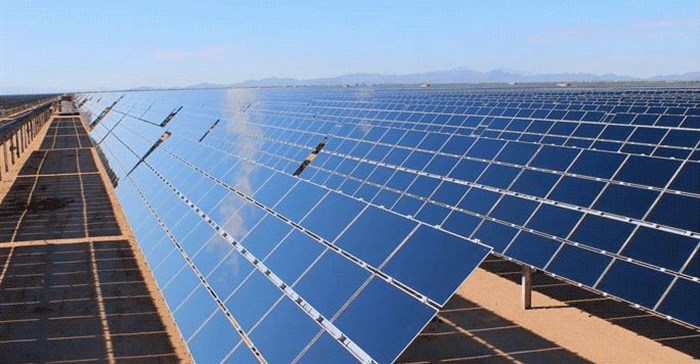
Top stories






More news


Marketing & Media
Ads are coming to AI. Does that really have to be such a bad thing?














The independent review was commissioned by First Solar.
The indepth assessment, based on an extensive review of scientific literature, interaction with experts and site visits, considered performance of CdTe PV under South African conditions, product safety, and environmental impacts. The study’s conclusions are in line with the findings of over a dozen similar reviews conducted by leading academic and research institutions around the world that First Solar’s CdTe technology does not pose any adverse environmental risks.
The review also provides comment on various aspects such as the sourcing of raw materials used in the semi-conductor compound, the manufacturing process, product applications and end-of-life disposal of PV modules. As part of the comprehensive study, a CRSES team led by Dr. Arnold Rix, Scatec Solar Chair in Photovoltaic Systems at Stellenbosch University, also visited First Solar’s manufacturing facility in Perrysburg, Ohio, to review safety, industrial hygiene and occupational health procedures.
Significantly, the report reaffirms that First Solar’s thin film modules are well suited to environmental conditions in South Africa, and can deliver a higher energy yield than both, mono- and multi-crystalline silicon PV panels in warm climate conditions. The report also states that, “manufacturing modules from CdTe should be regarded as a responsible and safe way to beneficially utilise a by-product of industrial processes”, and goes on to confirm that “during normal operations CdTe modules emit no pollutants to the air, water or soil”.
Examining the lifecycle impact of various PV technologies, the report notes that, “CdTe modules have the least amount of harmful air emissions and have the lowest carbon footprint when compared to CIGS (copper indium gallium selenide) and cost-competitive multi-Si (silicon) systems.”
It goes on to point out that First Solar’s thin film PV modules have a shorter energy payback time of 0.68 years, when compared to other PV technologies such as multi-crystalline silicon panels, which can take as much as 1.23 years to recover the energy expended in the manufacturing process. “The energy intensive nature of silicon purification and ingot growing is the primary reason for the higher carbon footprint and energy payback period associated with crystalline silicon PV technologies,” the report notes.